
According to the World Bank, poverty in Ecuador has risen from 35.3 percent of the population in December 2014 to 43.8 percent in June 2019—that means 2 million more people have fallen into poverty, for a total of 7.6 million Ecuadorans living in poverty out of a total population of 17.3 million people. Ecuador is one of the most inequitable societies in the world, according to UNICEF. The richest 20 percent of the population receives almost 50 percent of the national income, while the poorest 20 percent receives only 5 percent.
Close to 20 percent of Ecuador’s population are people of indigenous heritage. For poor, rural and indigenous youth, education provides the best opportunity for finding employment, reducing inequities and breaking the cycle of poverty. Salesian missionaries have been providing education and other social programs for disadvantaged youth across Ecuador for more than 125 years.
Salesian missionaries provide education through the Padre Silvio Broseghini Home, named for its founder. This program was developed in 2001 and provides education to close to 200 youth who participate in a formal school program. Here, youth learn a basic education and then, as they advance, can take courses in vocational trades to learn the skills for future employment.
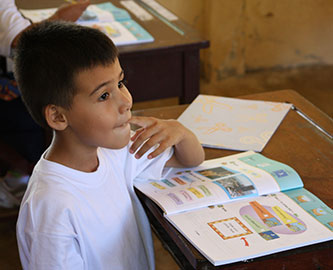
From Ecuador

From Ecuador
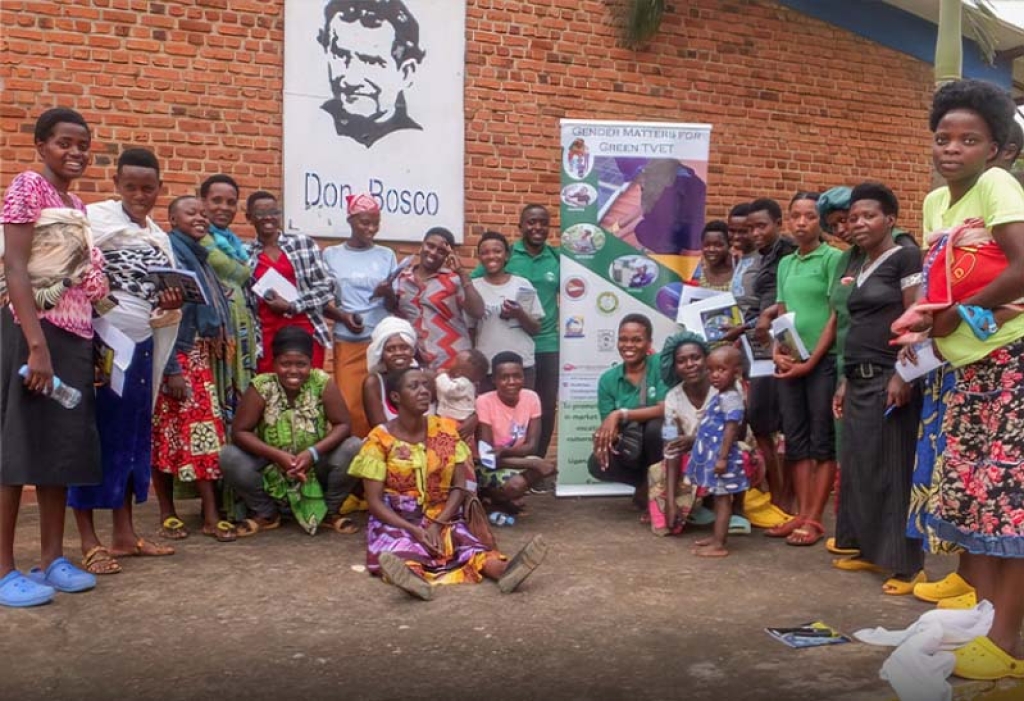
Salesian programs focus on youth and their families. NEW ROCHELLE, NY (June 1, 2025) Salesian Missions, the U.S. development arm of the Salesians of Don Bosco, joins humanitarian organizations and the international community in ce
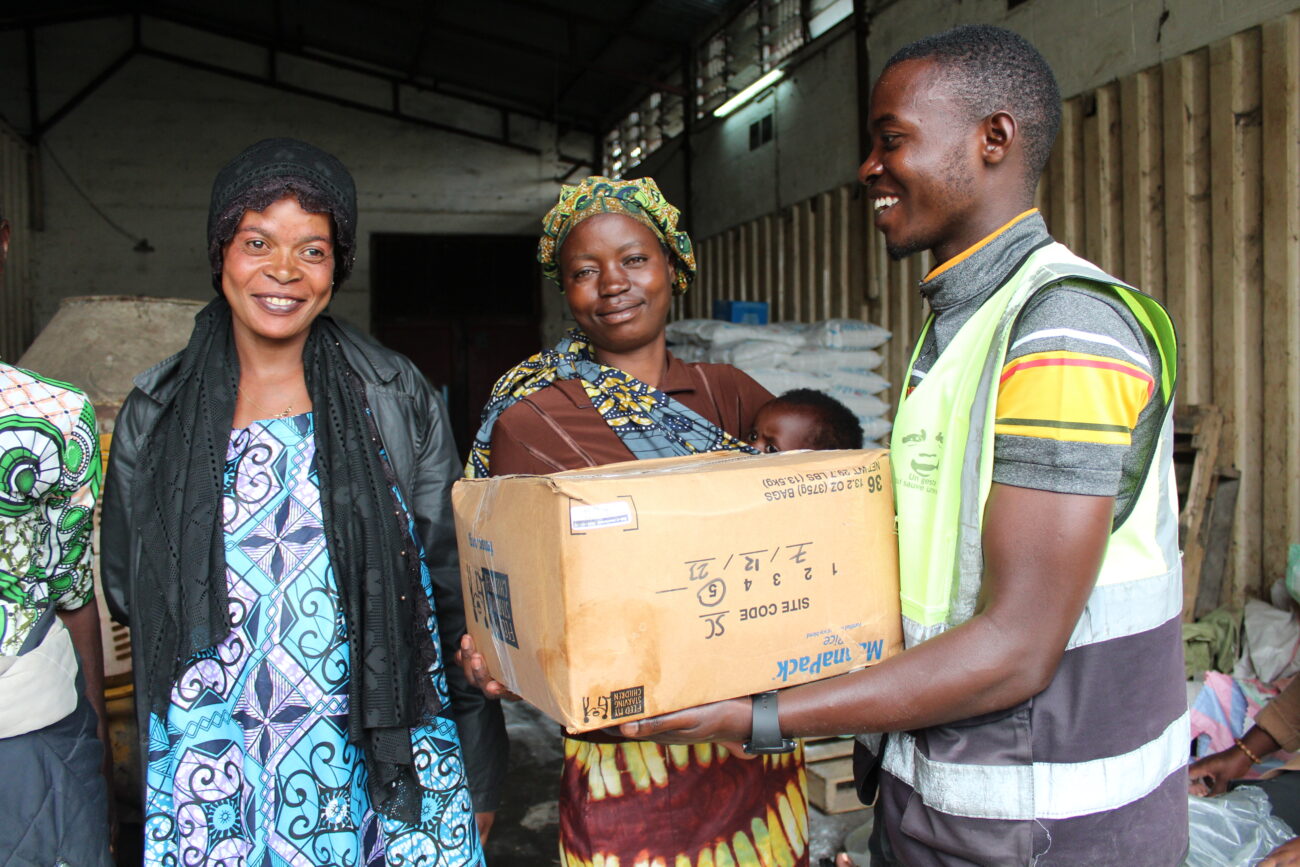
2025 is 30th anniversary of observance day. NEW ROCHELLE, NY (May 15, 2025) Salesian Missions, the U.S. development arm of the Salesians of Don Bosco, joins humanitarian and other international organizations in honoring the Intern
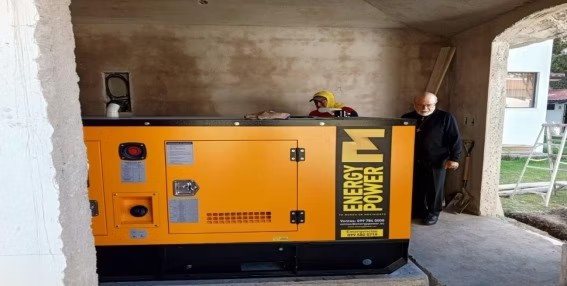
Center has 5 Salesian specialists and researchers. NEW ROCHELLE, NY (March 31, 2025) The Salesian Center for Ongoing Formation America in Ecuador has a new generator thanks to funding from Salesian Missions, the U.S. development a
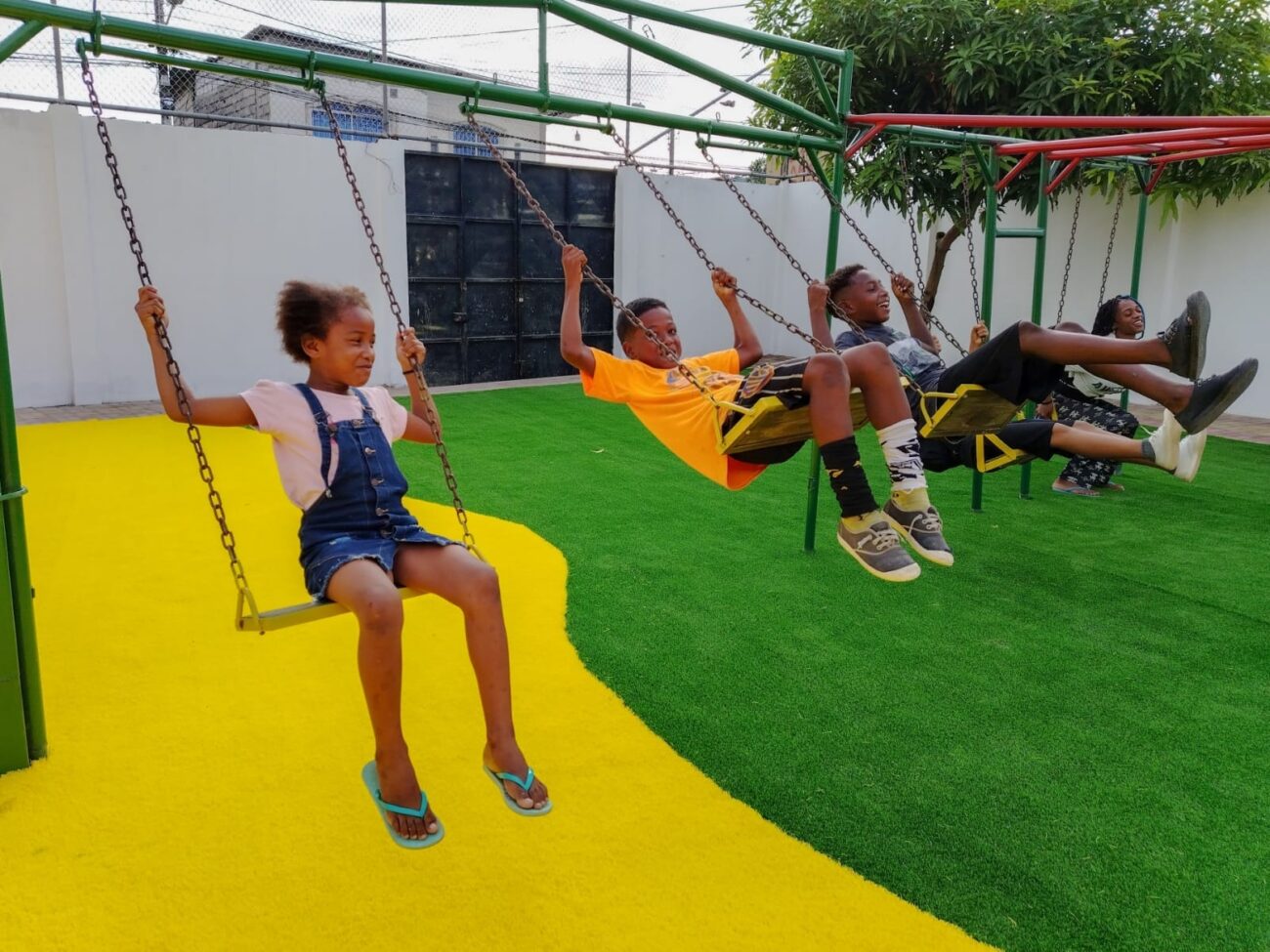
Salesians around the globe work to ensure youth can live more fulfilled lives. NEW ROCHELLE, NY (March 20, 2025) Salesian Missions, the U.S. development arm of the Salesians of Don Bosco, joins humanitarian organizations and count
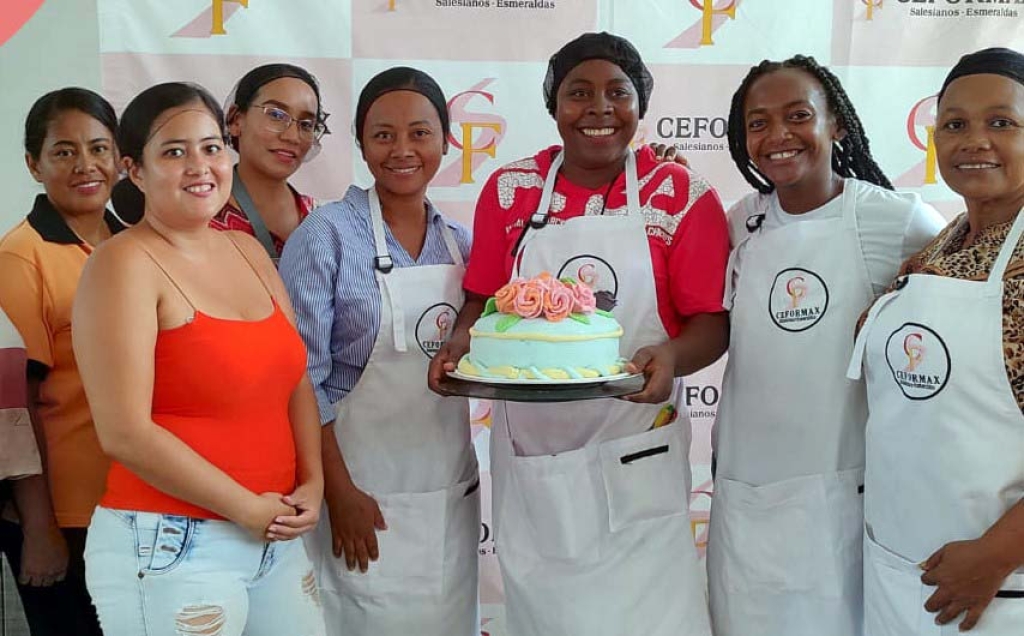
Targeted programs provide opportunities for education and training. NEW ROCHELLE, NY (March 8, 2025) Salesian Missions, the U.S. development arm of the Salesians of Don Bosco, joins humanitarian organizations and countries aroun

Salesian missionaries offer more than 150 medical clinics and hospitals in mostly rural areas. NEW ROCHELLE, NY (Feb. 11, 2025) Salesian Missions, the U.S. development arm of the Salesians of Don Bosco, joins Catholic organizati
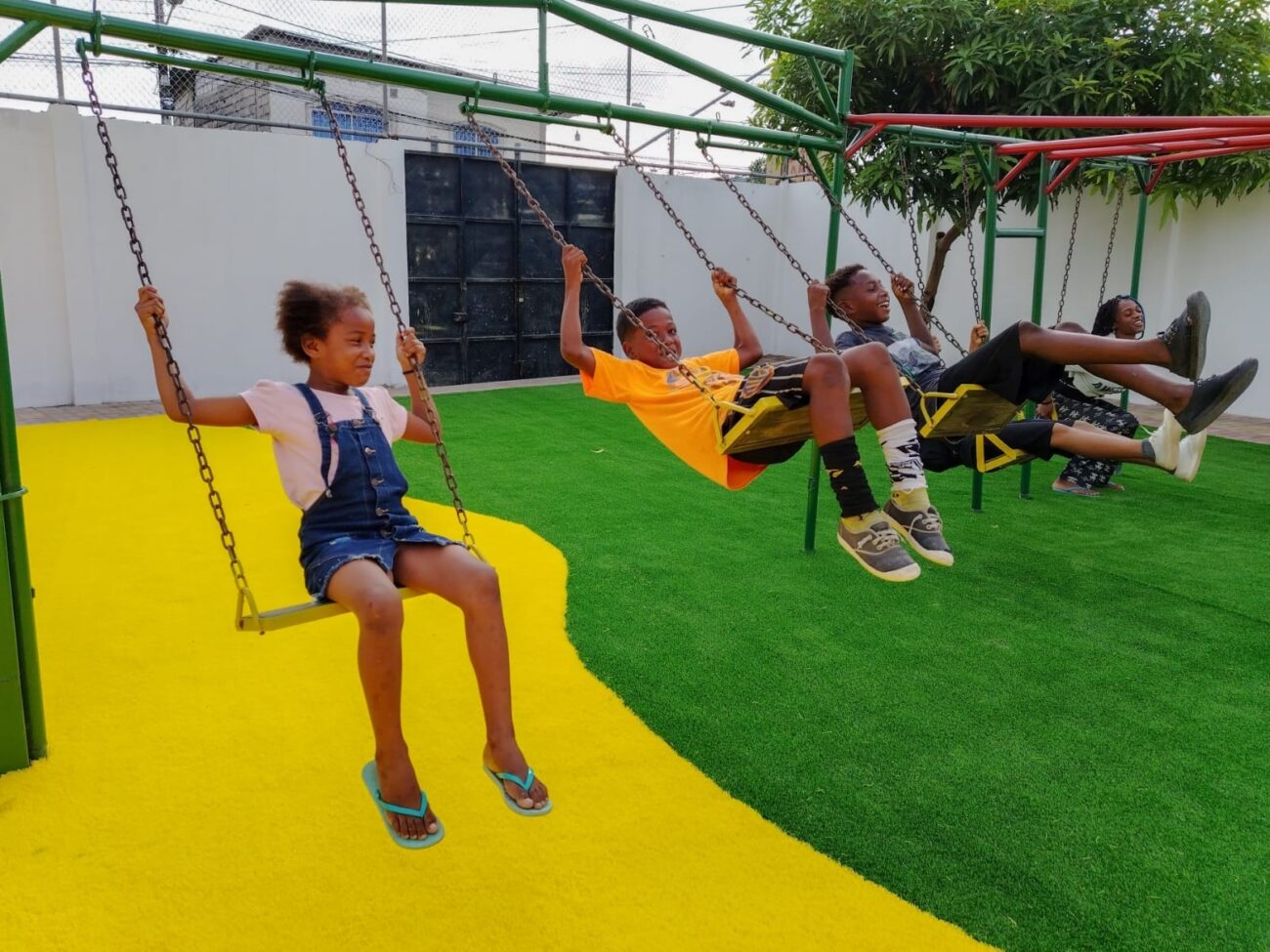
Programs address social and economic needs of youth. NEW ROCHELLE, NY (Jan. 1, 2025) Salesian Missions, the U.S. development arm of the Salesians of Don Bosco, joins Catholic organizations around the globe in honoring the Catholic
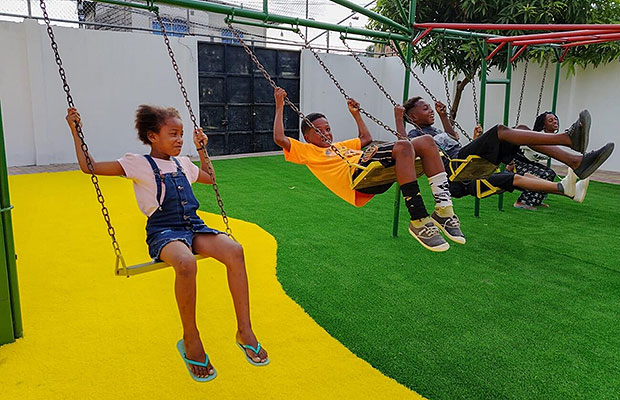
Imagine a place of comfort amidst a nation plagued by fear and unrest … a place where children can go and engage in fun activities in a safe environment with their friends. A place where they can escape the burdens of poverty an
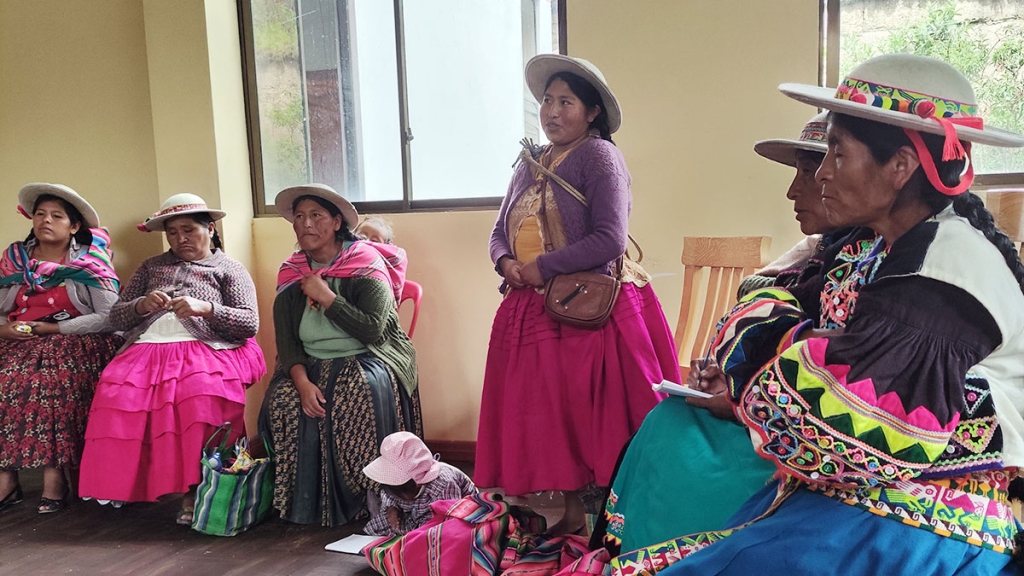
Programs strive to empower young women and girls by providing education and training. NEW ROCHELLE, NY (Oct. 15, 2024) Salesian Missions, the U.S. development arm of the Salesians of Don Bosco, joins humanitarian organizations and

Activities at Salesian Madre del Salvador Center help reduce youth’s exposure to violence. NEW ROCHELLE, NY (Oct. 15, 2024) Youth attending programs at the Salesian Madre del Salvador Center, in the Santa Marta neighborhood in t
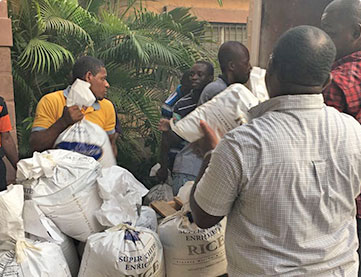
Salesian Missions includes agriculture in its vocational training programs – to ensure that youth of Rwanda learn better agricultural practices as well as keep the school self-sustaining in the face of the country’s food shortages.
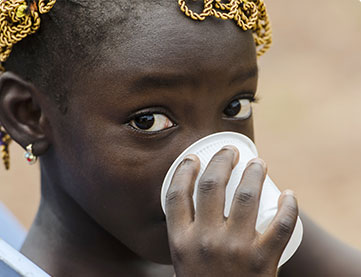
Salesian Missions includes agriculture in its vocational training programs – to ensure that youth of Rwanda learn better agricultural practices as well as keep the school self-sustaining in the face of the country’s food shortages.
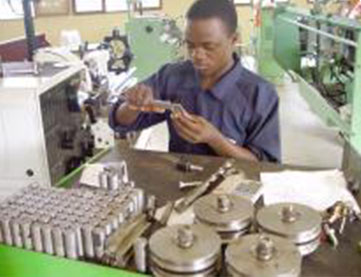
Salesian Missions includes agriculture in its vocational training programs – to ensure that youth of Rwanda learn better agricultural practices as well as keep the school self-sustaining in the face of the country’s food shortages.